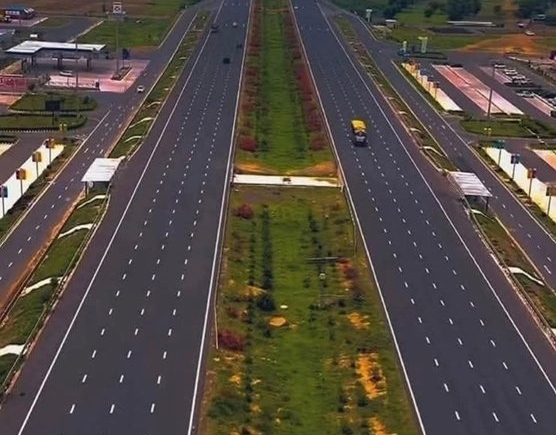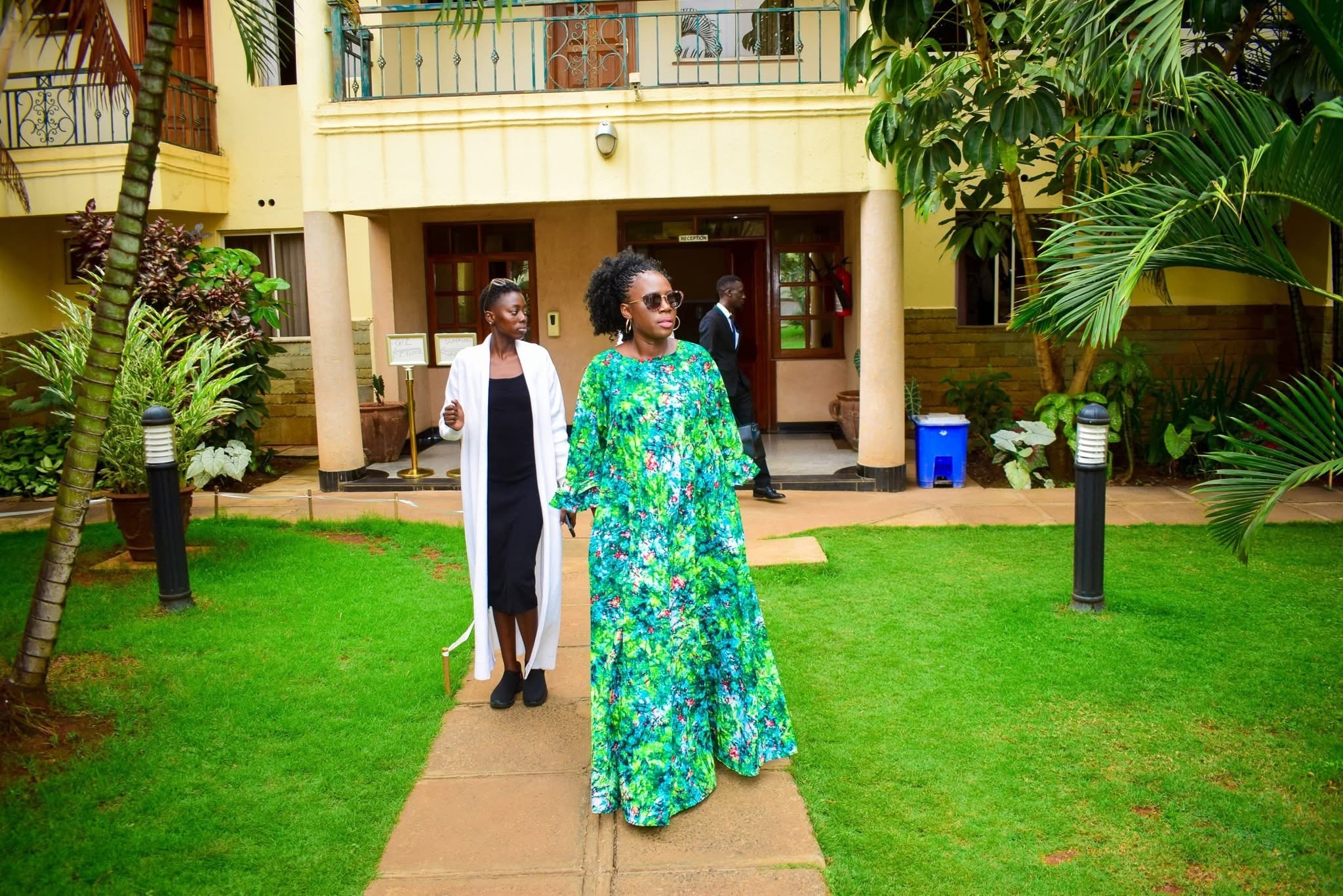Members of the Ogiek Community have challenged the state to hasten the implementation process of the African Court’s decision to restore their land tenure rights.
Ogiek People’s Development Programme executive director Daniel Kobei on Wednesday said even though the state has shown goodwill, the process is slow.
“It looks like we have made some steps. However, there are no timelines set,” Kobei said.
The community on Wednesday held a stakeholders' meeting on the implementation of a decision of the African Court on Human and People's Rights on the Ogiek community of Mau Forest.
The meeting was convened by the Office of the Ombudsman and provided a platform for state agencies to give progress reports on implementation of various aspects of the court decision, including compensation and the community's involvement in environmental and forest conservation.
Commission on Administrative Justice chairperson Florence Kajuju was present.
Strategy and Policy Advisor at the Ministry of Environment Agostino Neto represented CS Soipan Tuya.
Kajuju said her commission called for the meeting in line with its mandate of enforcing administrative justice in the country.
“The commission convened a follow-up stakeholders' consultative forum with various government institutions and agencies committed to taking the necessary steps towards implementation of the African court’s judgment regarding the Ogiek community,” she said.
The Ogiek community has been seeking the help of the Ombudsman to push the government to honour a 2017 court ruling which directed the state to pay Sh158 million in compensation for violations of their rights.
The community's development leaders on Wednesday held a consultative forum with the Commission on Administrative Justice at the Panafric Hotel in Nairobi, to agree on a way forward.
The judgment concerned the right of the Mau Ogiek to have what little is left of their ancestral lands in the forested Mau Escarpment recognised as their property.
The Ogiek community is among the indigenous peoples of Kenya, alongside the Sengwer, Yaaku Waata, Sanya and Endorois.
Their estimated population with reference to the 2019 Kenya Population and Housing Census report is 52,000 and they mainly inhabit the Mau Forest Complex and the Mt Elgon Forest.
Evictions led the Ogiek to pursue justice both domestically and regionally at the human rights system of the African Union.
In November 2009, the Ogiek of the Mau Forest filed a complaint against the Government of Kenya at the African Commission on Human and Peoples’ Rights which was escalated to African Court on Human and People’s Rights in 2012.
On May 26, 2017, the African Court on Human and People’s Rights made a historic ruling after finding that the government had violated the right to life, property, natural resources, development, religion and culture of the Ogiek, under the African Charter on Human and Peoples’ Rights.
In the eight-year battle, the community through the Ogiek Peoples' Development Programme and Centre for Minority Rights Development, accused the government of violations of the right to life, property, natural resources, development, religion, culture and non-discrimination under the African Charter on Human and Peoples’ Rights.
On June 23, 2022, the court issued a reparation judgment in favour of the community, outlining in detail the steps that the state must take to compensate the Ogiek for the various human rights violations suffered.
The court did so in order for the state to recognise, respect, protect and consult the Ogiek in accordance with their traditions and customs, on all matters concerning development, conservation, or investment in their lands.
The court ordered the government to pay Sh57,850,000 for material prejudice for loss of property and natural resources.
Further, the court ordered the state to pay Sh100,000,000 for moral prejudice suffered by Ogiek due to violations of the right to non-discrimination, religion, culture and development.
In addition, the court ordered non-monetary reparations, including the restitution of Ogiek's ancestral lands and full recognition of the Ogiek as indigenous people.
Specifically, the court required the government to undertake delimitation, demarcation, and titling to protect Ogiek's rights to property revolving around the occupation, use and enjoyment of the Mau Forest and its resources.
Some of the court's decisions were to be implemented in six months.
The court also ordered Kenya to take necessary legislative, administrative or other measures to recognise, respect and protect the right of the Ogiek to be consulted with regard to development, conservation or investment projects in their ancestral lands.
It also ordered that the Ogiek community must be granted the right to give or withhold their free and informed consent to these projects to ensure minimal damage to their survival.
Most of these orders are yet to be complied with despite the state committing to abide by the rule of law.
Kobei said the Treasury is yet to allocate funds towards compensating them as the office of the Attorney General is yet to give advice.
“They (state) are supposed to report to the court what they have done in July this year,” he said.
Kobei said a member from the community should be in the implementation team that is led by forestry PS Ephantus Kimotho.
He said most of those on the committee do not know Mau well.
Kobei said the reported destruction in the tower is due to those who came from other areas and not the Ogiek.
He said the Ogiek wants community land so that the members will not sell the land.
Kobei said the community wants to get back their home which will aid in promoting their language and cultural identity.
The community says it has been struggling to protect its unique language, identity and way of life.
They say they are custodians and conservators of the forest and depend on it for their survival.
-Edited by SKanyara












